Detection and Diagnostics
We apply and further develop instrumental and bioanalytical methods and technologies for the detection of individual substances. These are used in the environmental and food sectors and online, as well as for process monitoring in the life sciences. By developing new methods in laboratory diagnostics we help to ensure safe and efficient healthcare.
Sections and Competence Center
Section Sensor Technology
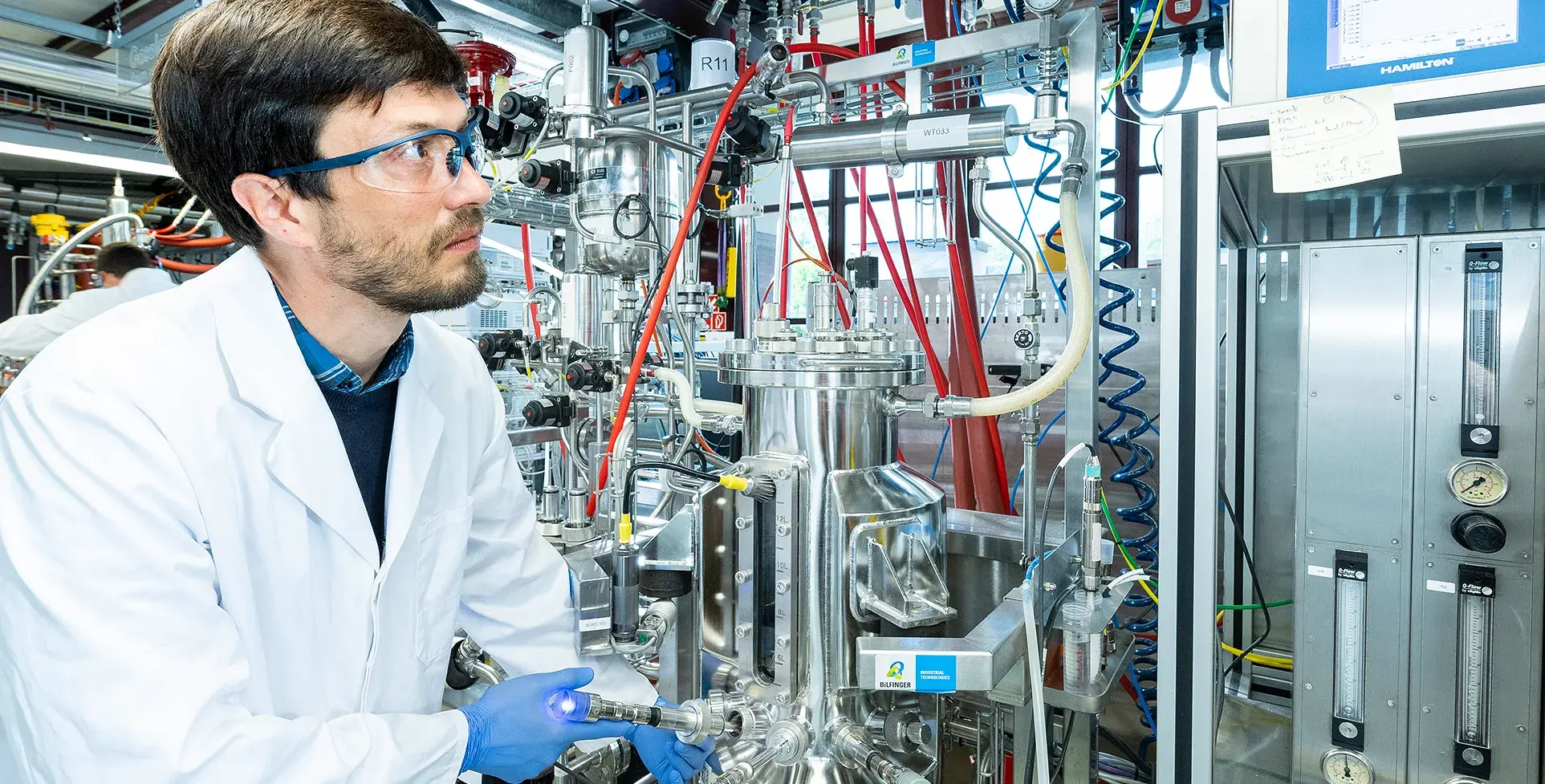
Please visit our german website to get more information about the section for Sensor Technology.
Read more about the section for Sensor Technology
Section Biochemistry

Point-of-care tests play an important role in developing countries and structurally weak areas because they enable rapid diagnostics without laboratory infrastructure and trained medical staff. The aim of our research is to develop and optimize diagnostic tests based on isothermal amplification of viral or pathogenic DNA. We benefit from our expertise in the purification of proteins and the development of in vitro assays with DNA helicases, DNA polymerases and other DNA binding proteins.
Section for Analytical Technologies
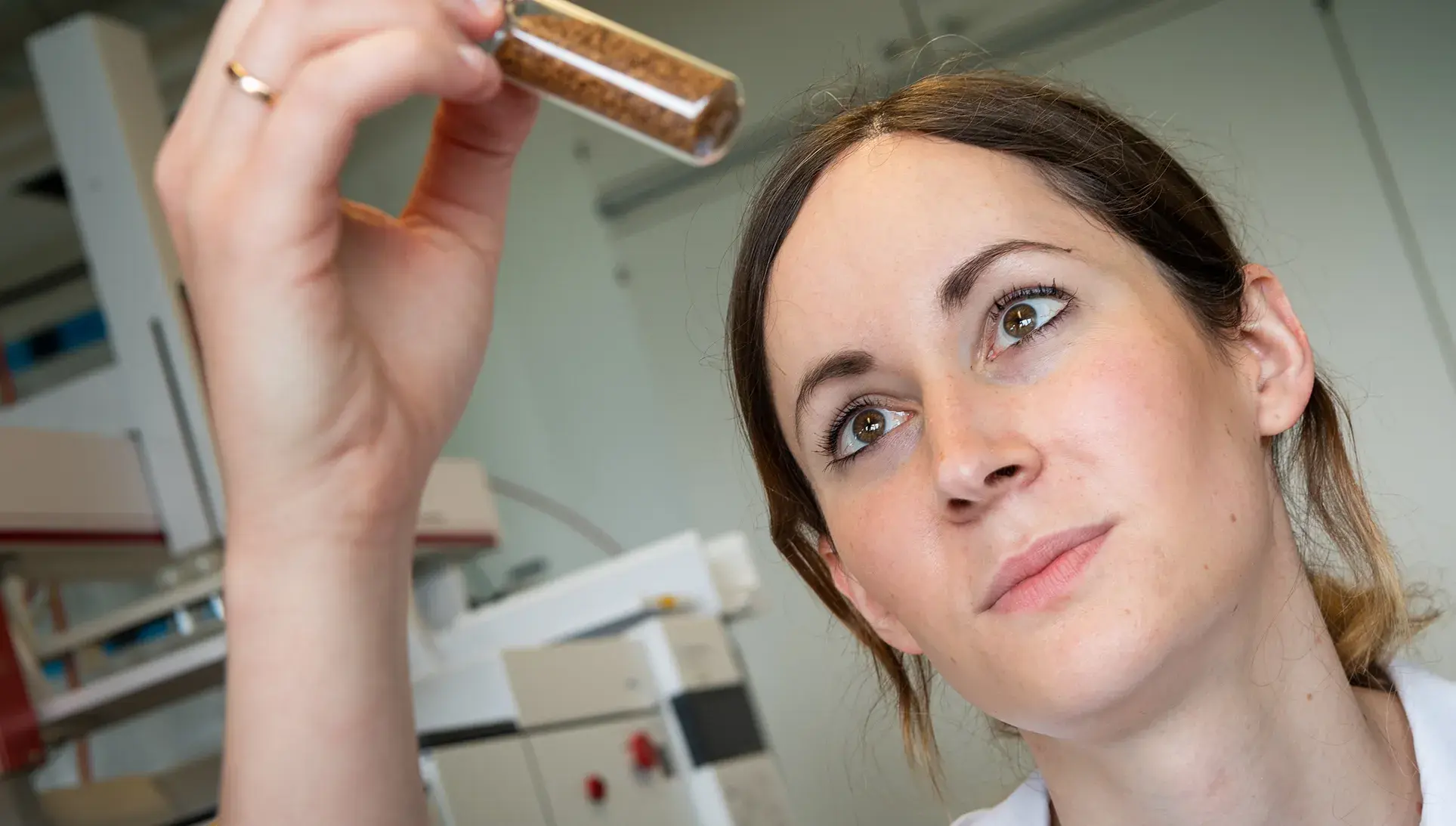
The section for Analytical Technologies is the leading academic institution at a University of Applied Sciences in Switzerland for both teaching and research in the fields of Analytical Chemistry.
Coffee Excellence Center
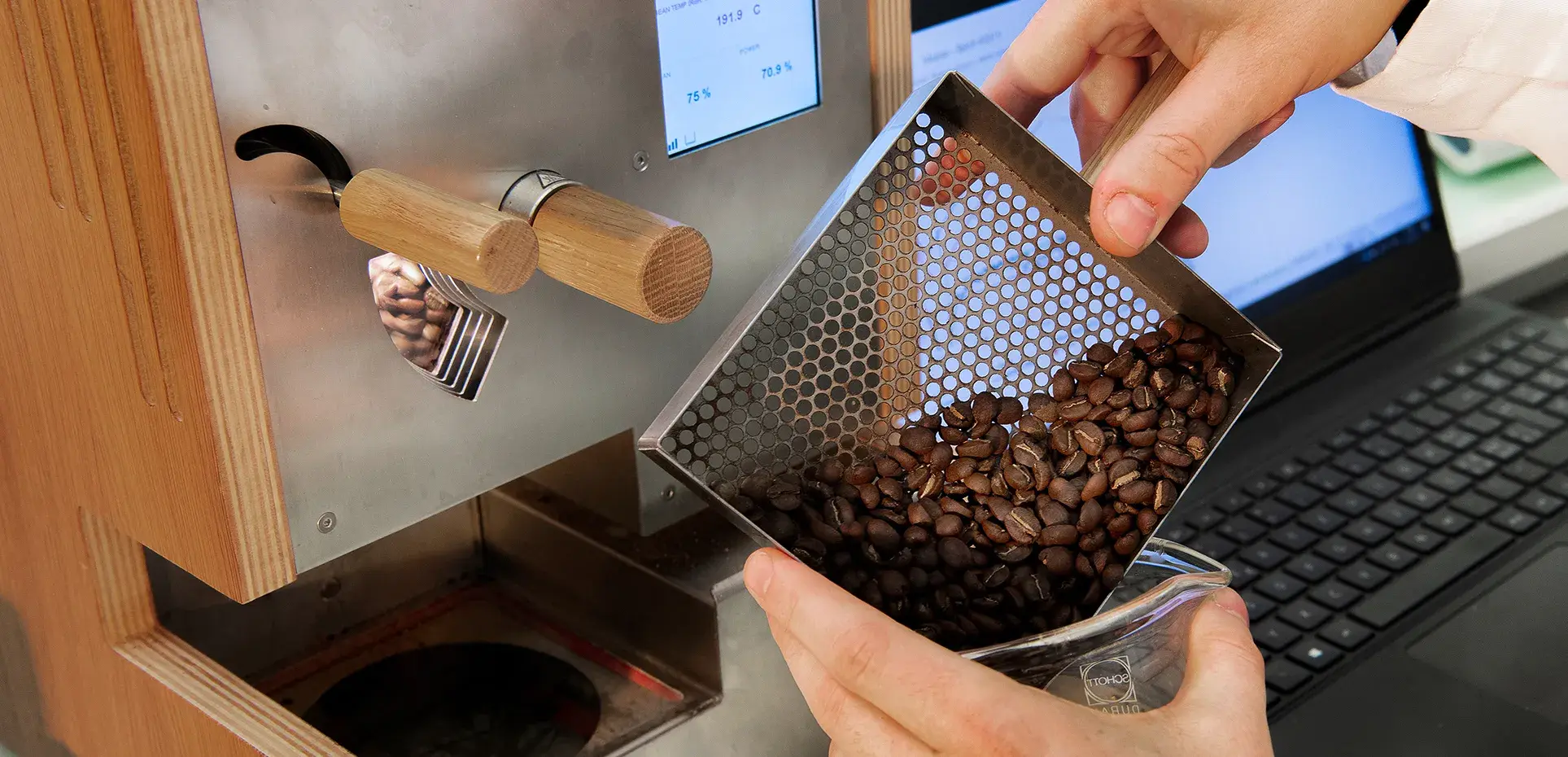
The Coffee Excellence Center is a leading academic institution dedicated to the science and technology of coffee. Founded in 2008 by Prof. Dr. Chahan Yeretzian, our center’s mission is to explore and expand the frontiers in the science and technology of coffee along all disciplines.
Section for Environmental Analytics
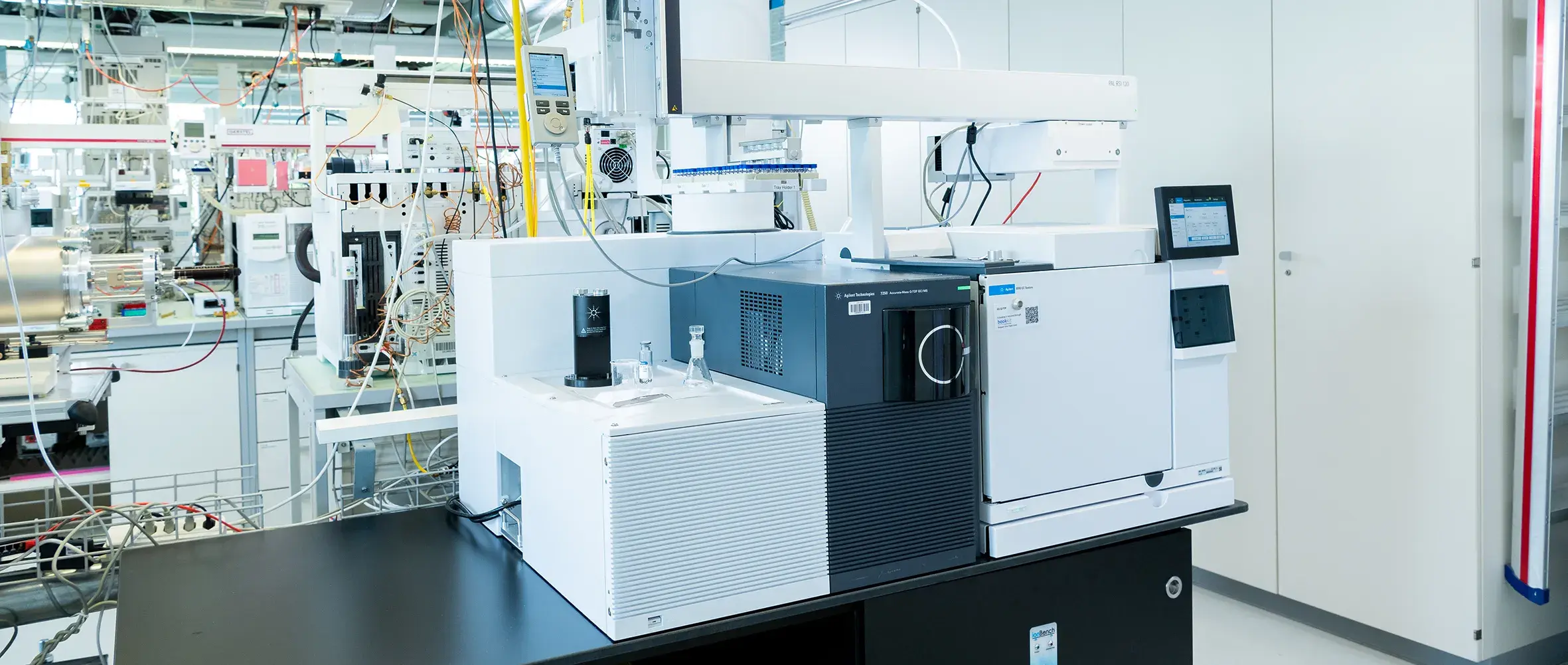
The group of environmental Analytics addresses the identification and quantification of organic substances and chemical elements in various environmental samples and materials in trace amounts.
Section for Physical Chemistry
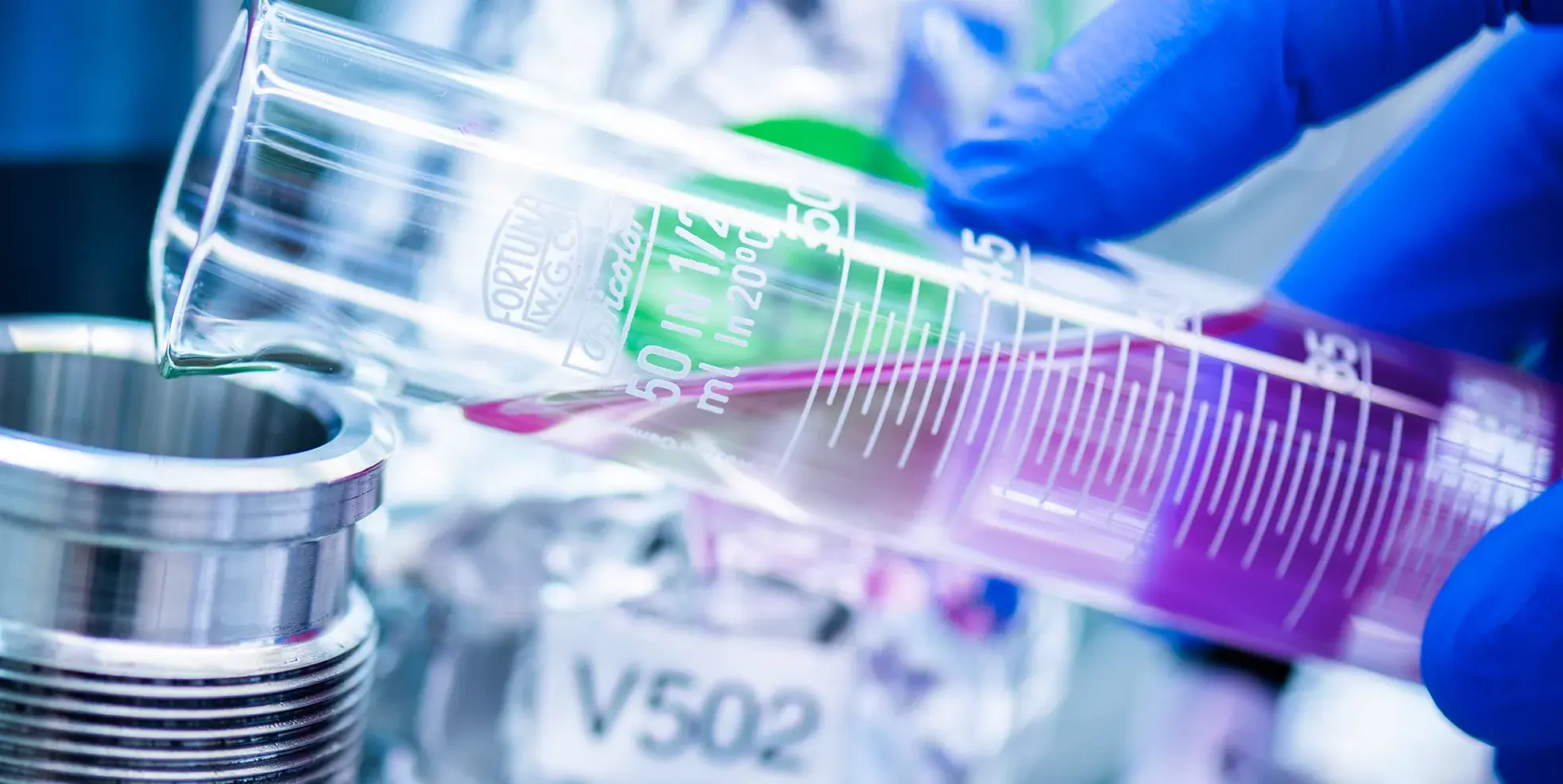
Please visit our german website to get more information about the section for Physical Chemistry.
Read more about the section for Physical Chemistry
Section Bioanalytics
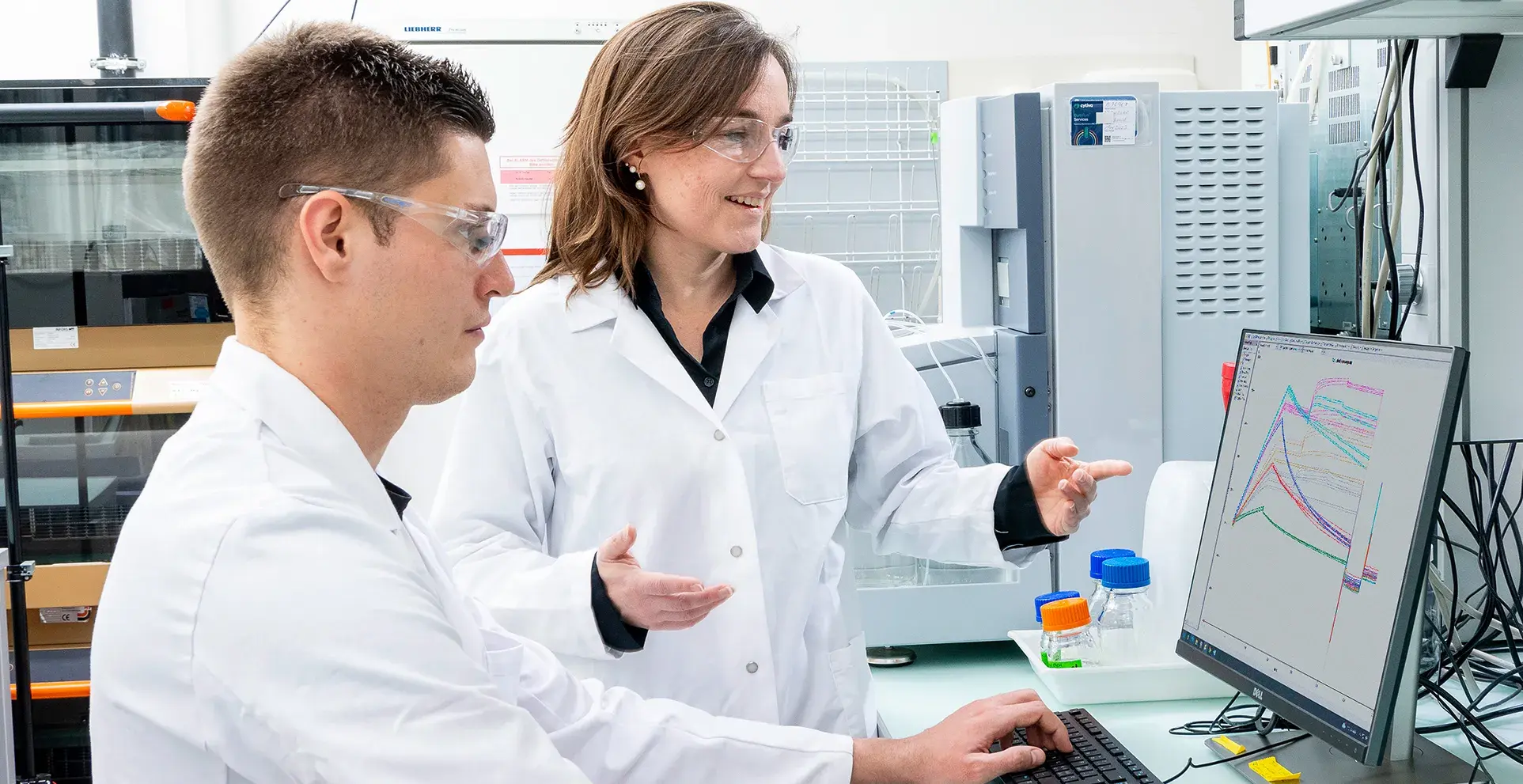
In the team of the Bioanalytics Research Group we accomplish projects in research and development in collaboration with industry and university partners. Furthermore, we pursue research in the field of structure-activity relationship of phage proteins. Thereby we use our expertise in the areas of protein engineering, recombinant protein technology, downstream processing, early development of biologics and bioanalytics and the infrastructure of our well-equipped laboratories.
Genomic Diagnostics and Biomedical Data Science
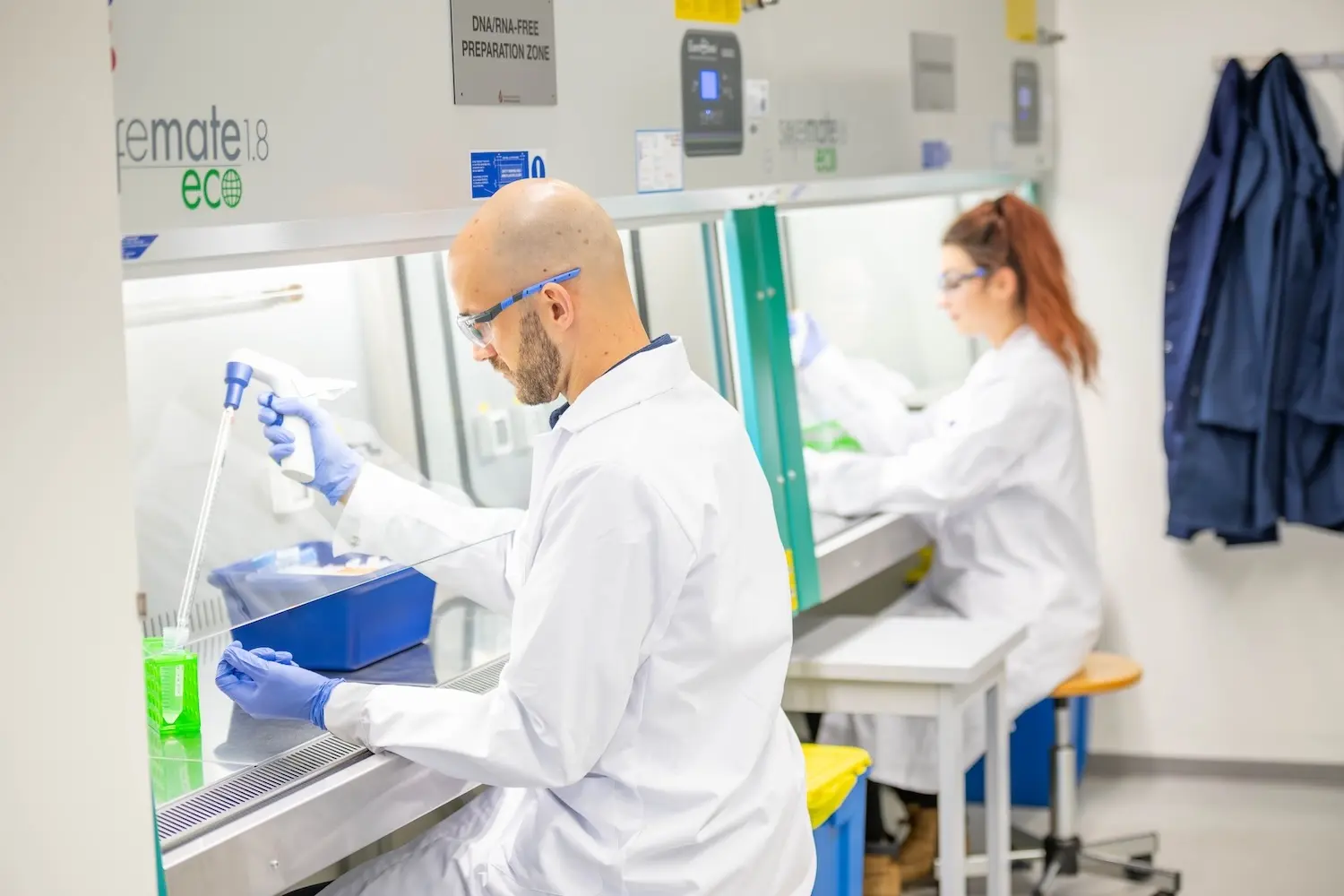
The research group covers the full spectrum of genetic analysis, from initial sample preparation through to comprehensive data analysis, utilizing our well-equipped molecular genetics laboratory. We apply cutting-edge "long-read sequencing" technology, which stands out from earlier methods by its ability to process long DNA fragments. Thanks to our access to high-performance computers, we are able to carry out these computationally intensive data processings steps. Our expertise spans from laboratory techniques to data analytics, enhancing our contribution to applied research projects in the field of genomic diagnostics.
Read more about the section Genomic Diagnostics and Biomedical Data Science
Medical Micro- & Molecular Biology

The focus of the research group is the development of diagnostic tests in microbiology. We cover the entire spectrum from diagnostic candidate selection, candidate production, screening and test evaluation to the prototype production and diagnostic tests. A particular focus of our group is on immunological methods (ELISA, IFA, EIB, LFA) for the detection of parasitic infections in animals and humans.
Read more about the section Medical Micro- & Molecular Biology
Clinical Chemistry
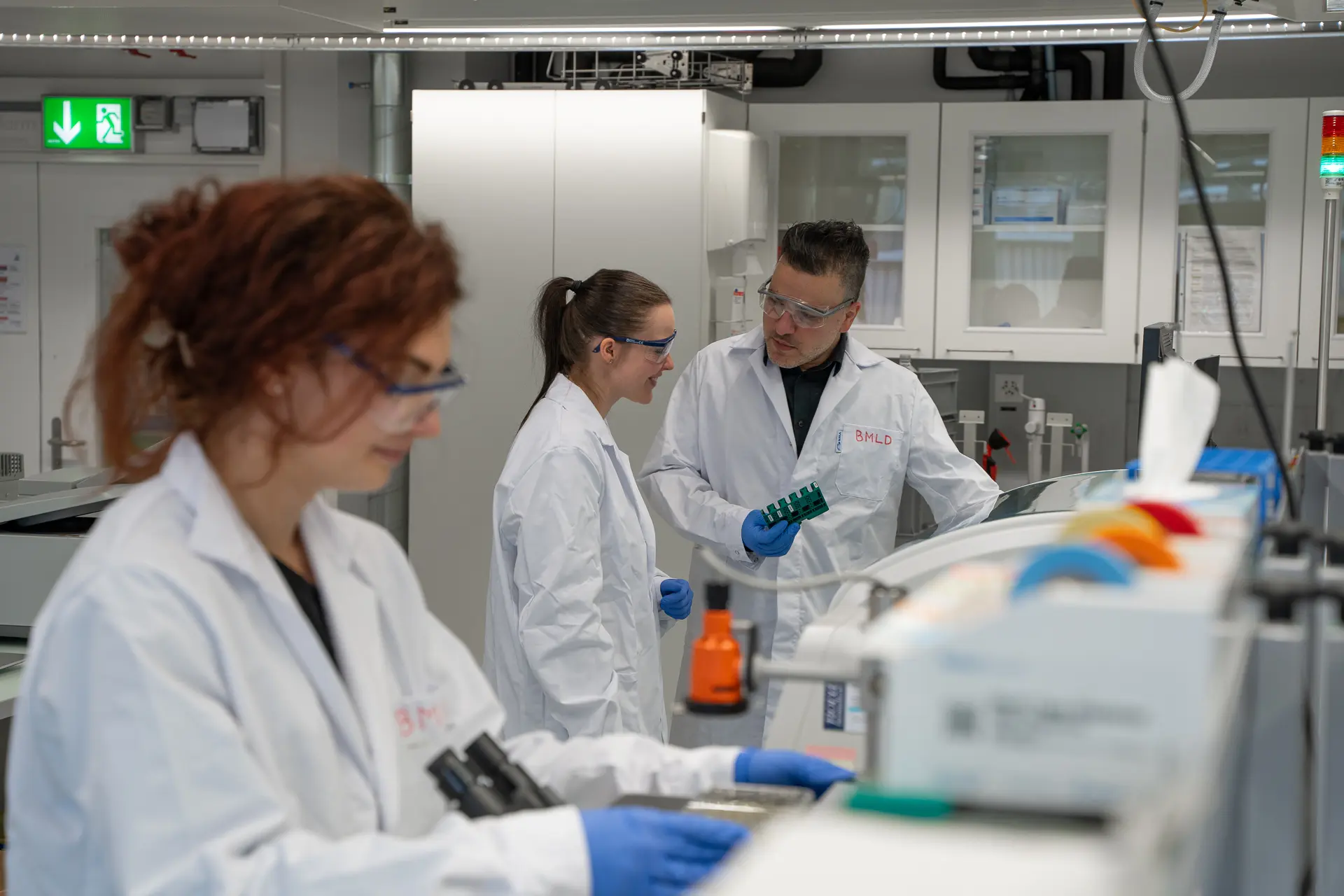
As part of the Clinical Chemistry research group, the team is dedicated to researching the molecular basis of diseases and identifying and validating new biomarkers that are intended to serve as the key to early detection and precise diagnosis of diseases. For this purpose the team develops innovative diagnostic test procedures and methods. Another focus of the research group is the development of analytical workflows for the identification and characterization of effectors of adverse drug reactions, including their pharmacological properties. In addition, the identification and evaluation of potential drug targets suitable for targeted therapies is another key interest of the group.
Read more about the section Clinical Chemistry